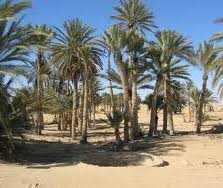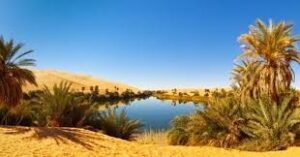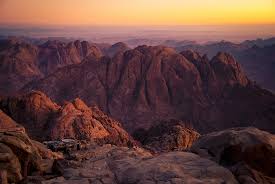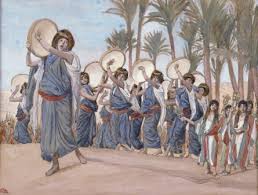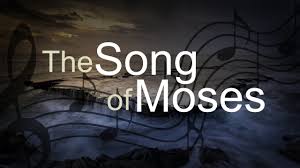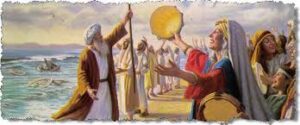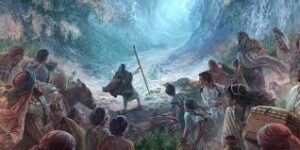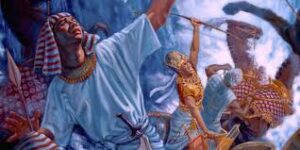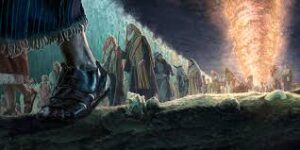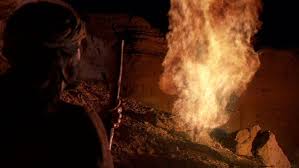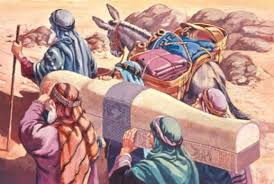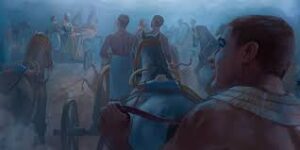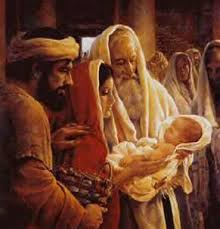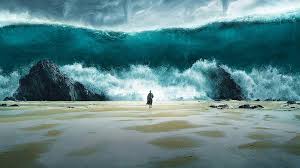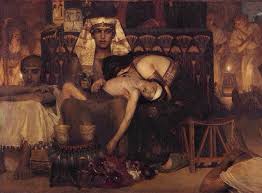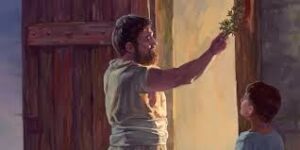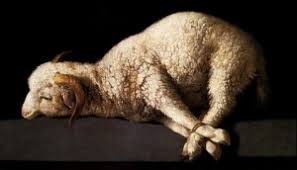Cp – The Wilderness of Sin 16: 1-36
The Wilderness of Sin
16: 1-36
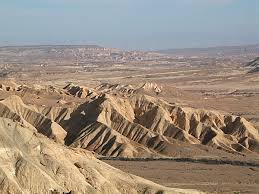
According to Numbers 33:10-13 the Israelites continued on their journey southward along the Gulf of Suez, which occupies the northwestern arm of the Sea of Reeds. They left Elim and at some point stopped and temporarily camped by the Red Sea, in the Desert of Sin or the Sinai Peninsula. The word Sin is a proper name probably derived from Sinai, the meaning of which is unknown, but here it has no moral implication. From there they camped at the third important stop of Dophkah. Some believe that Dophkah was probably the modern city of Serabit el-Khadem in west central Sinai, where the Egyptians had a flourishing turquoise-mining industry. But even though we cannot be certain of the exact location of Dophkah, we can be certain of the lessons learned there.



